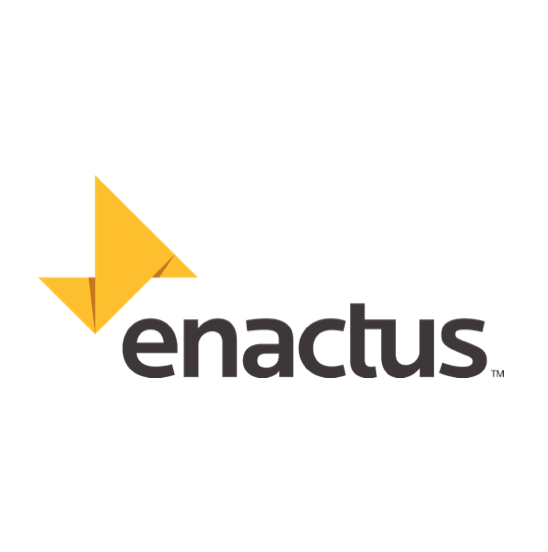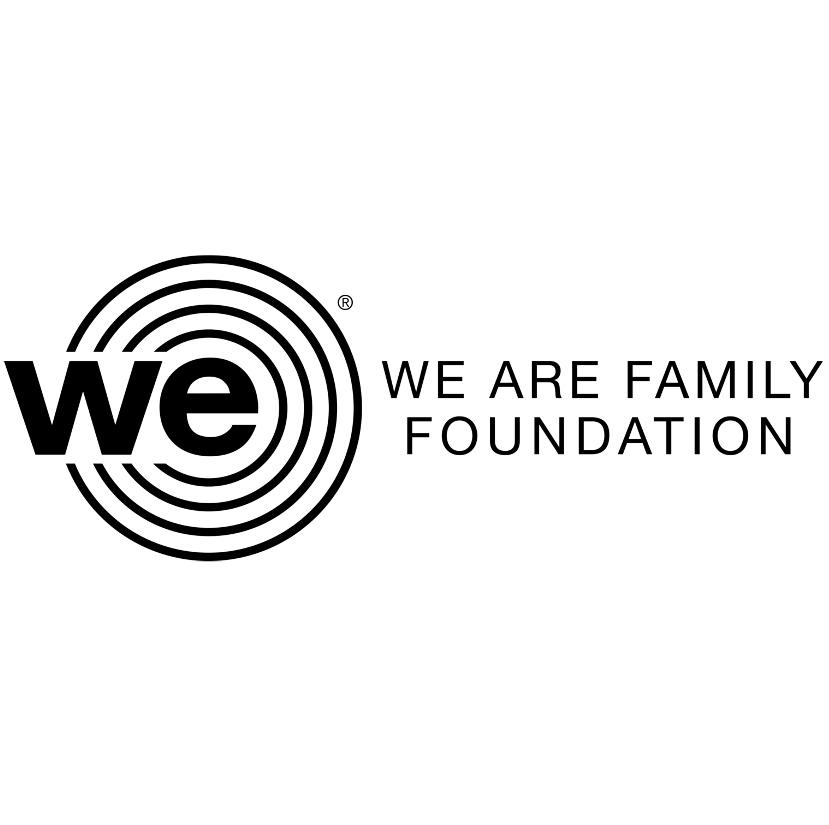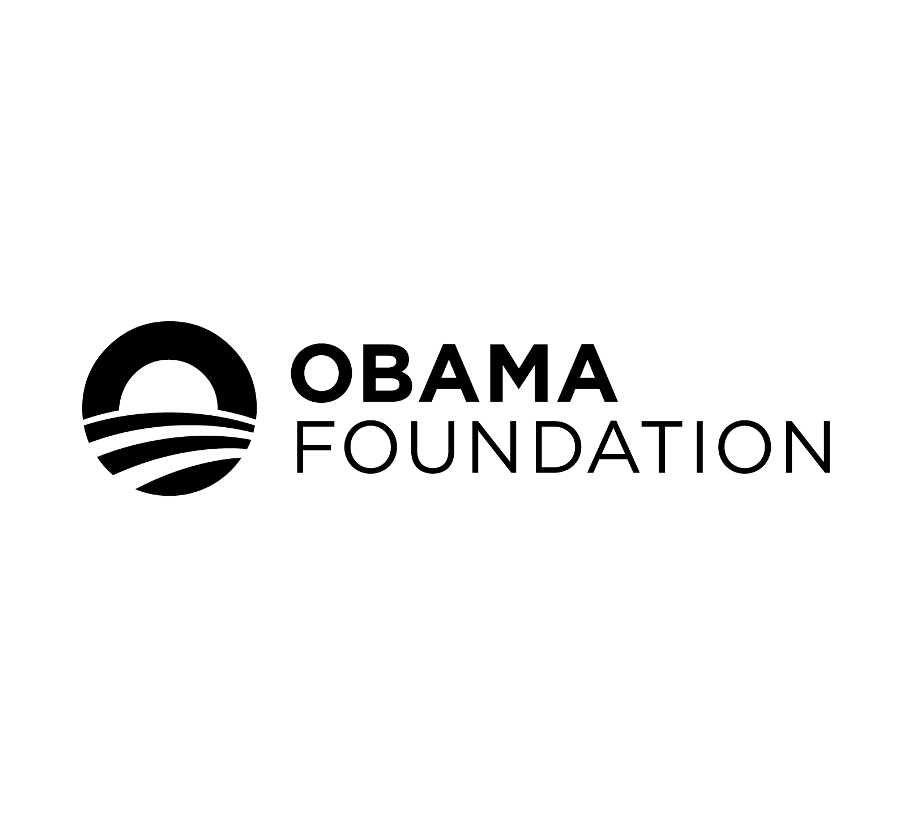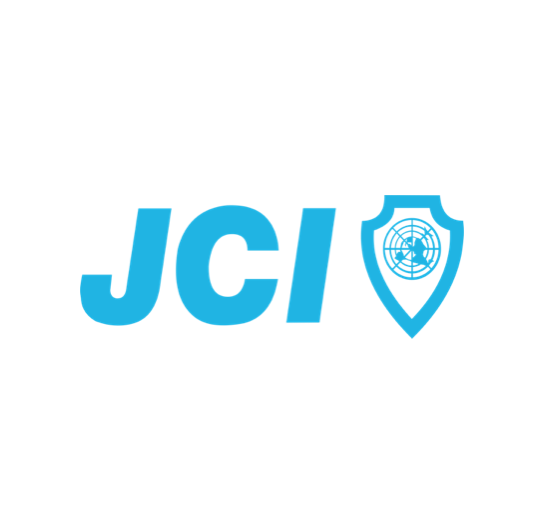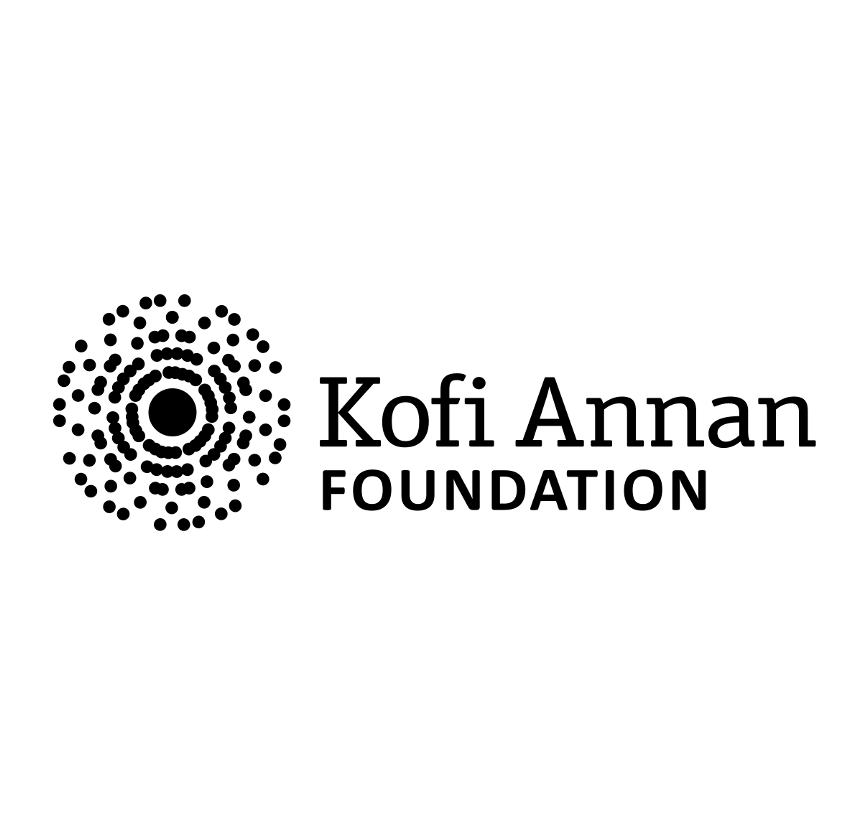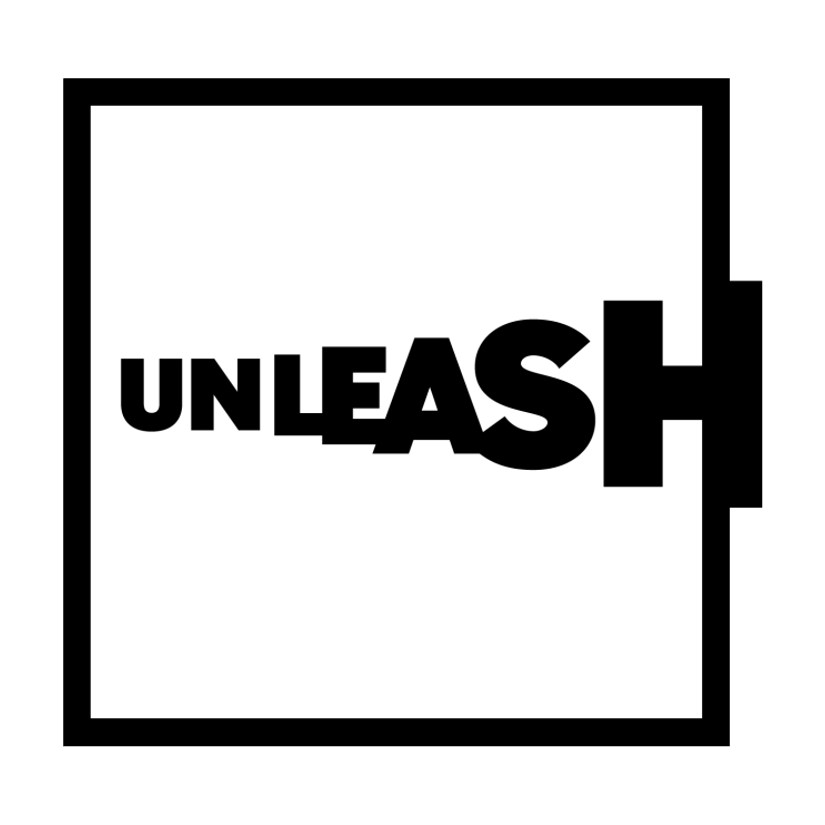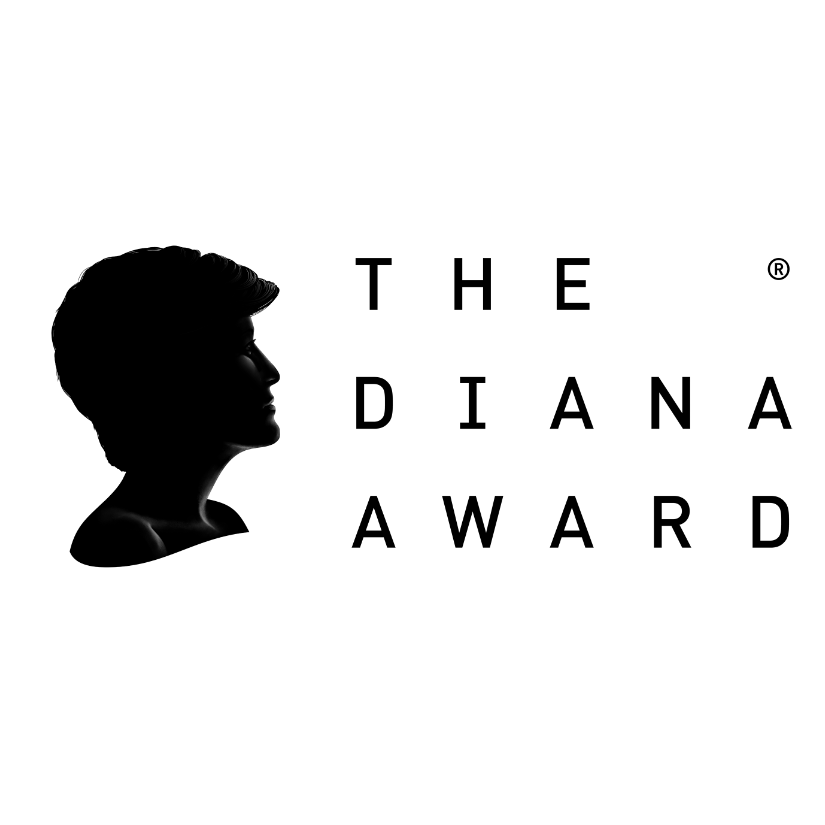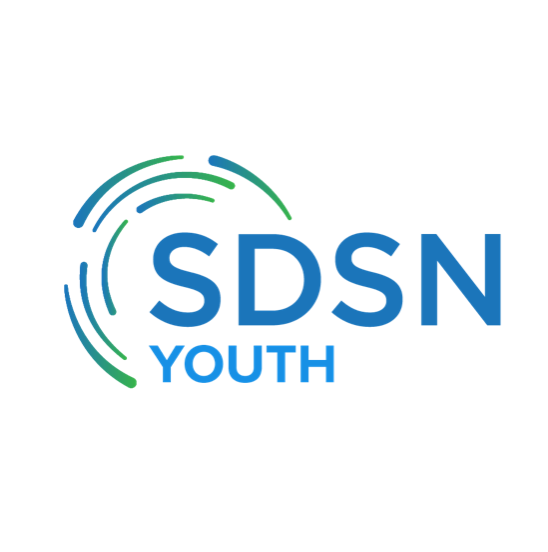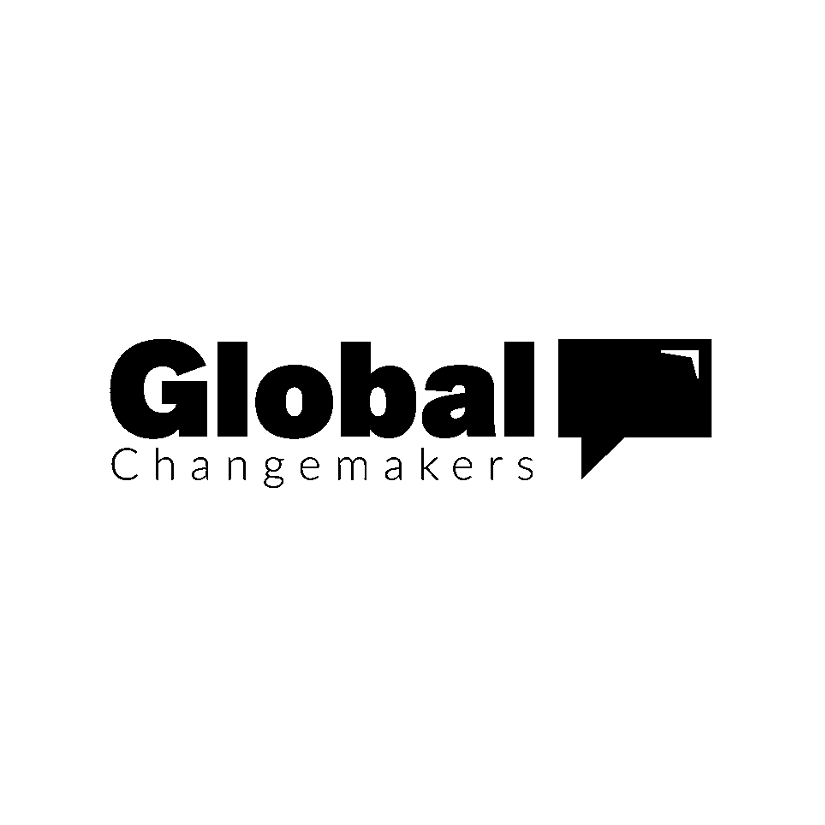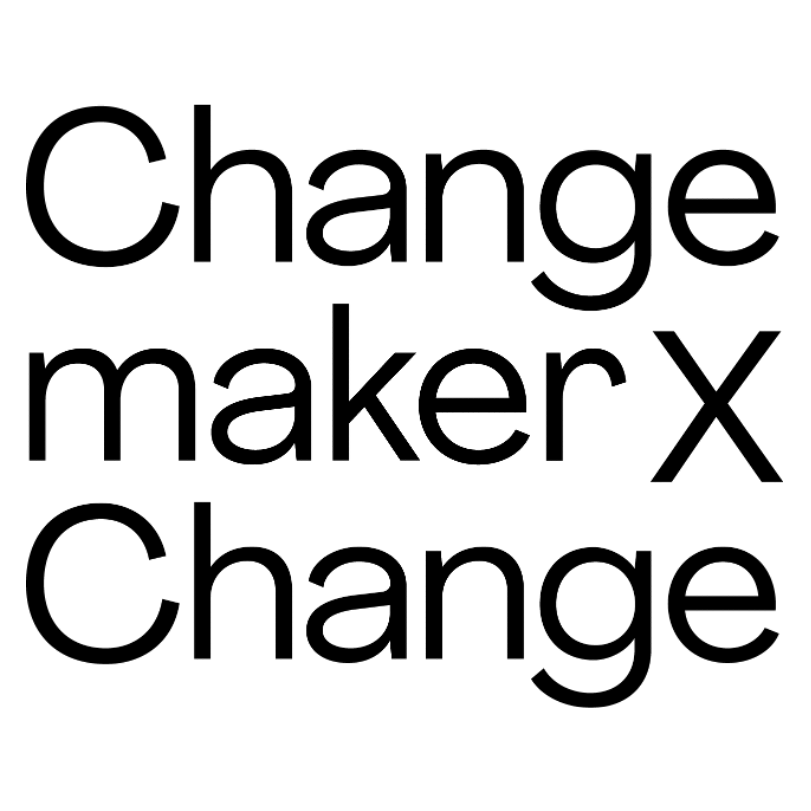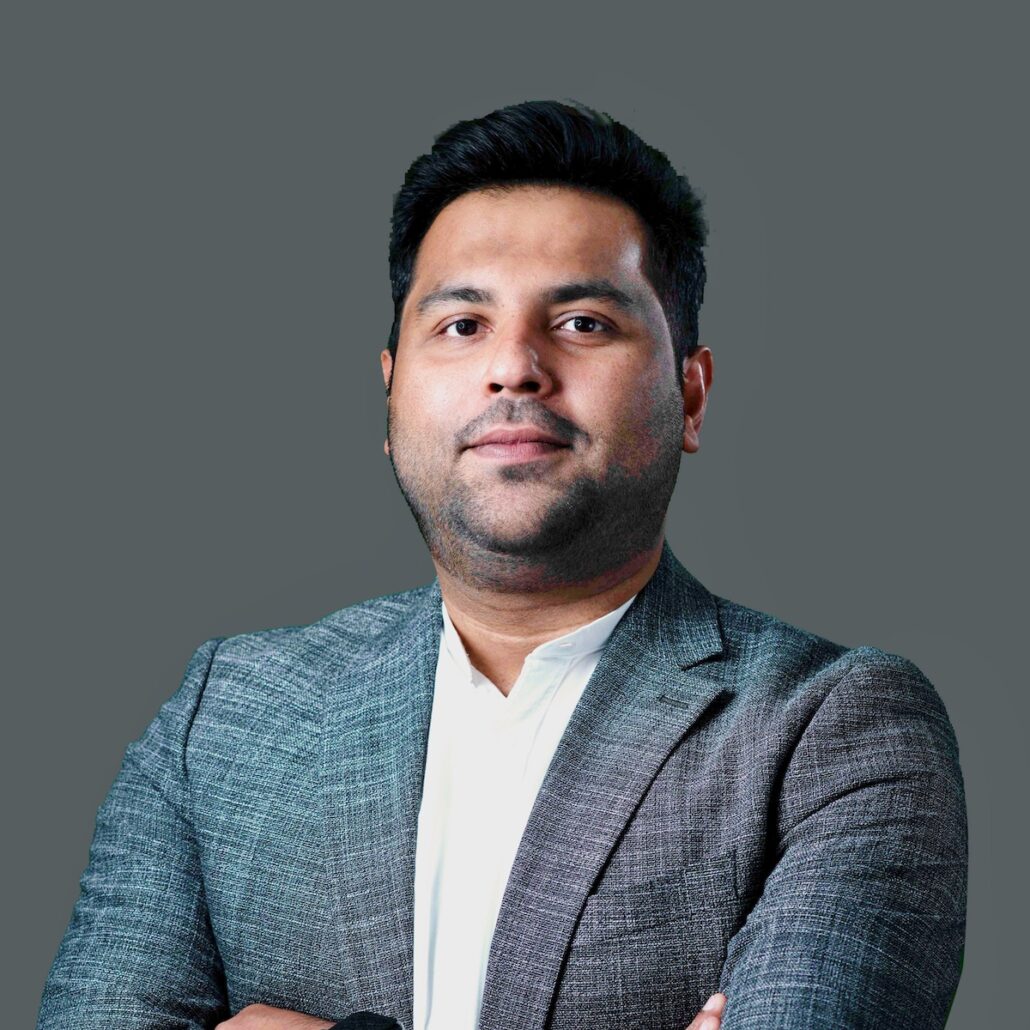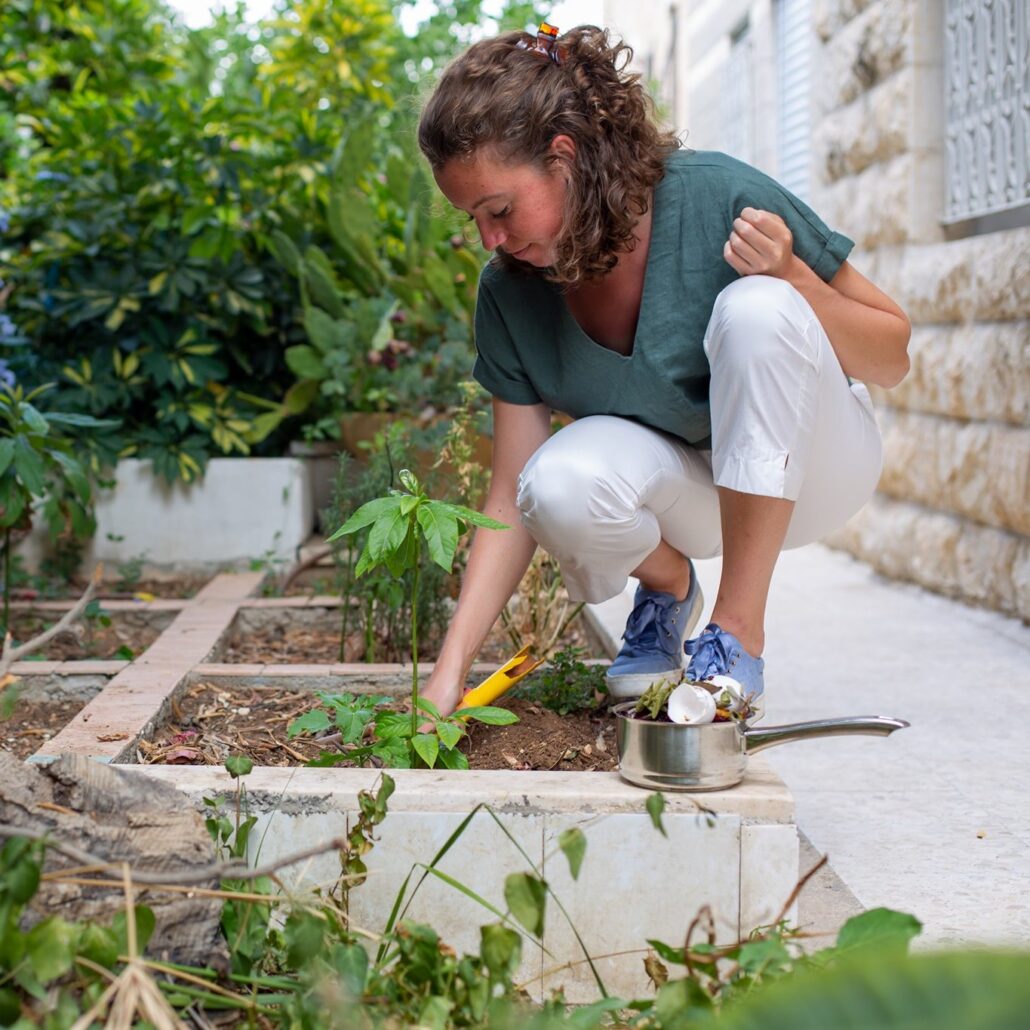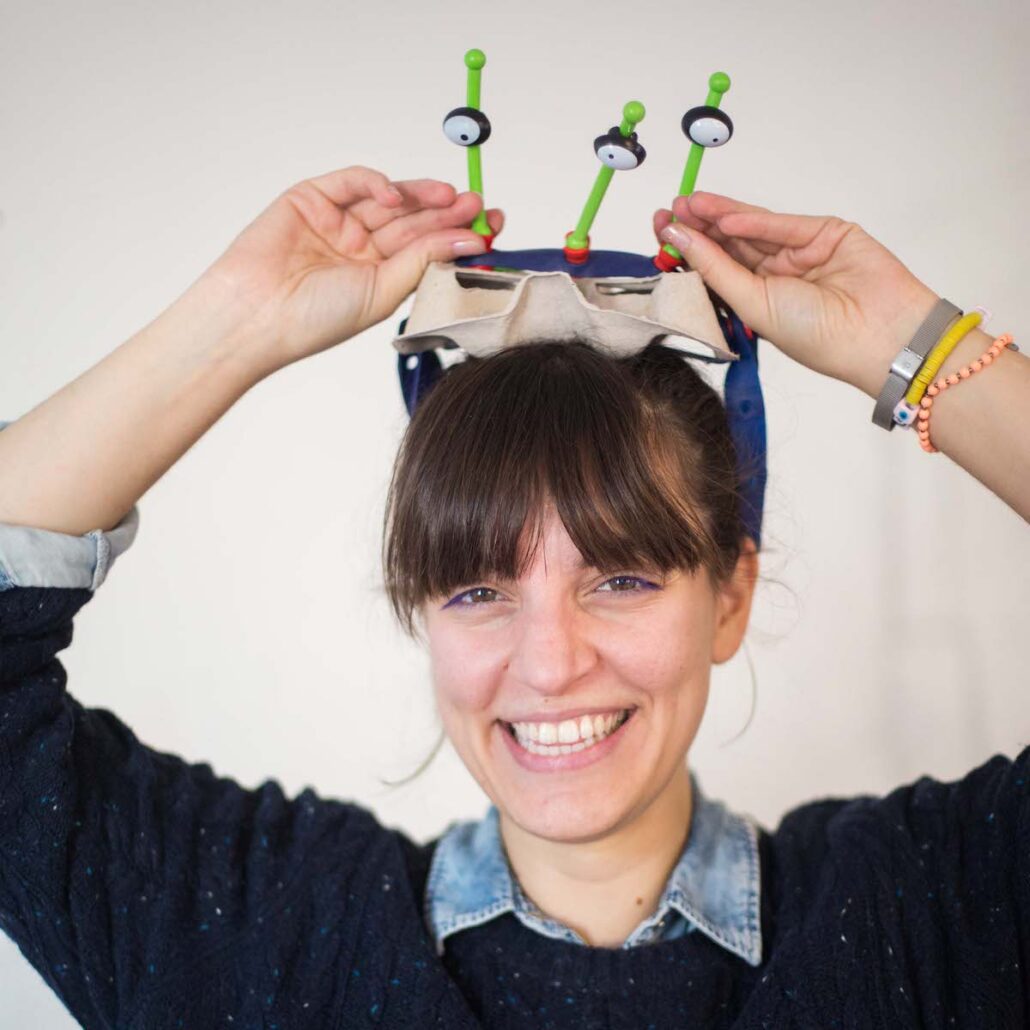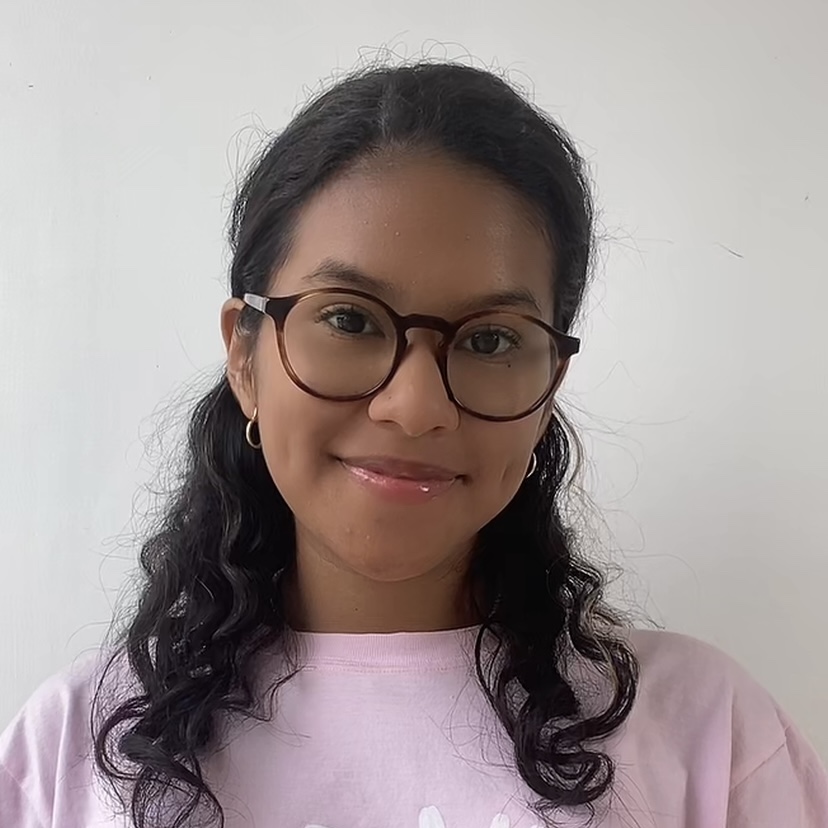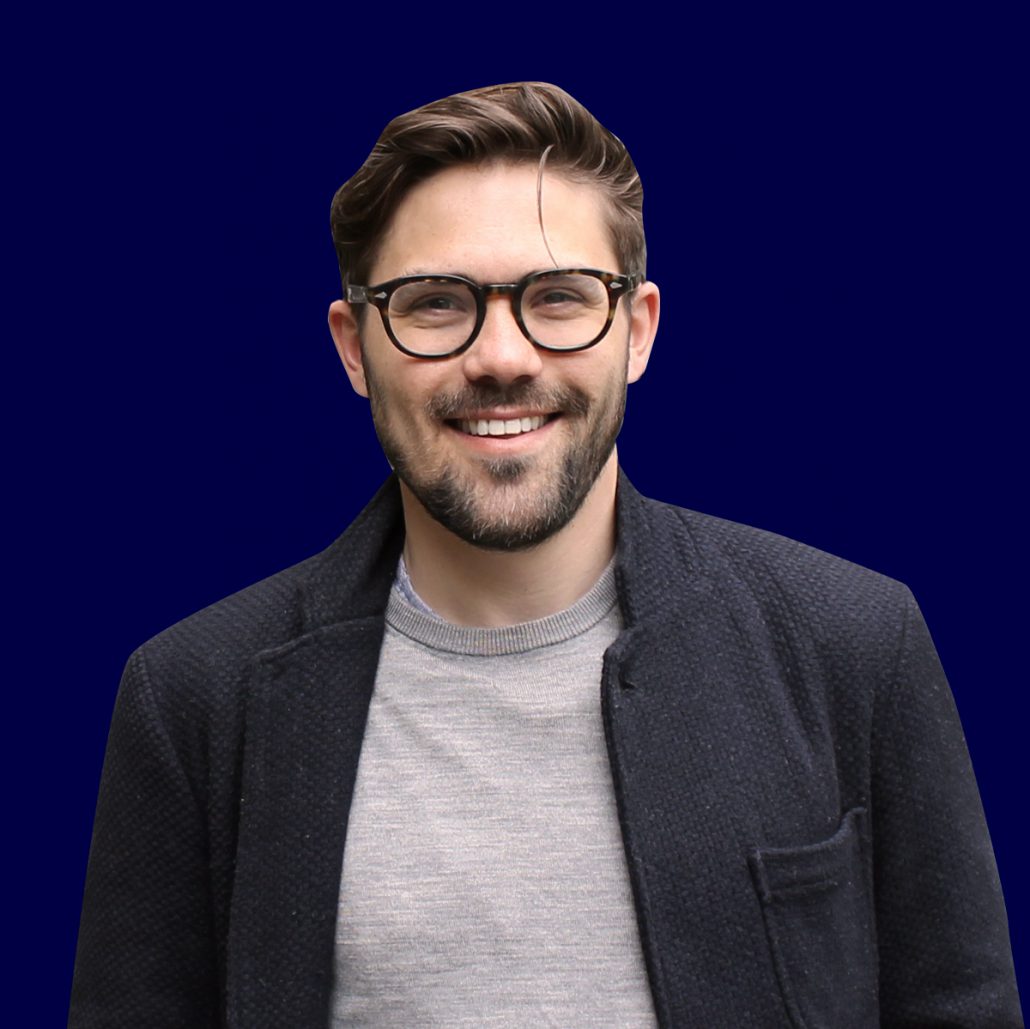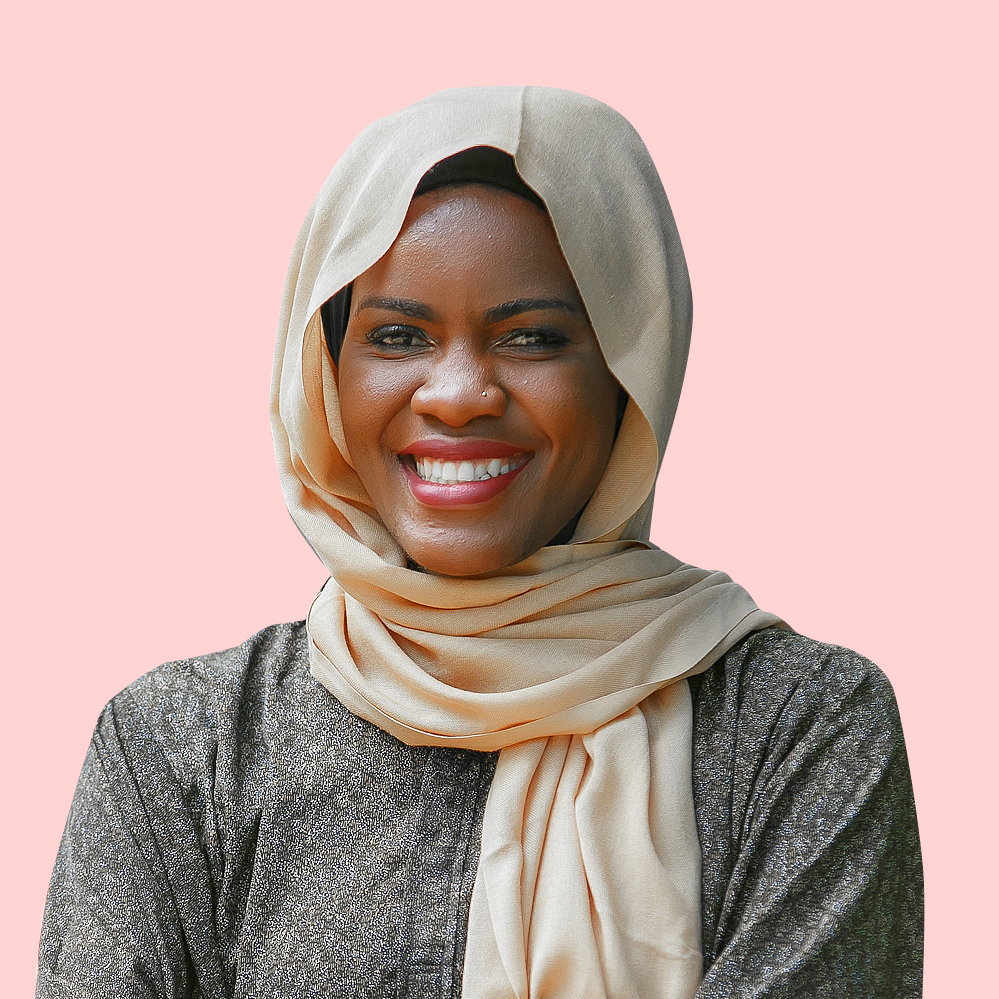Report
2023
Why the world needs Possibilists
Young individuals are creating important positive change on all fronts of society. They devote themselves and their resources to tackling some of the most pressing challenges of our time, both as a line of work and way of life. Changemakers, activists, social innovators, disruptors, dreamers and doers alike, they show us that positive social and environmental change is possible! This report highlights their impact and sheds light on their struggles and needs.
The change
we envision:
The Possibilists is an Alliance of the world’s largest support networks for youth innovation. Our vision is a global support ecosystem that is aligned by a shared, data-driven understanding of the needs that young changemakers have; creating the best possible conditions for their initiatives and themselves to thrive.
The Possibilists
Directory
One of the key needs expressed by young changemakers in the 2021 Study was easier access to “Grant making”, “capacity building” and support programs. In response, we launched “The Possibilists Directory” in 2022, a freely accessible and growing repository of offers from more than 600 international support organizations.
The 2023 Study
This study was conducted in 2023 by an alliance of the world’s largest support networks for youth innovation. It was driven by the desire to better understand the lives and realities of young changemakers from around the world. We reached a total of 1656 changemakers of which 1160 run existing initiatives beyond the ideation stage. With the exception of the demographic data, the data presented in this report focuses on the latter.
Info on the study participants:
1656
135
Degree
Degree
61 LGBTQIA+
58 Migration backgrounds
51 Religious and other minority groups
36 Racial discrimination
33 Young people
31 Disability or other health related issues
22 Economically disadvantaged people
14 Indigenous people
13 People from a rural or underserved community
61 LGBTQIA+
58 Migration backgrounds
51 Religious and other minority groups
36 Racial discrimination
33 Young people
31 Disability or other health related issues
22 Economically disadvantaged people
14 Indigenous people
13 People from a rural or underserved community
A powerful force for change
They are winning Nobel Peace prizes, and mobilizing movements around the climate crisis in ways that put global leaders to shame. They are voting in record numbers, volunteering, showing up for their communities, leading powerful movements against corrupt systems, and are choosing purpose over paychecks. They are taking real action, and it’s time to take them seriously.
Life happiness
As this report will show changemakers face many challenges. Despite this, life satisfaction among young changemakers is strikingly high. On a scale of 0 to 10, they rank at a 6.92 on average. This is considerably higher than the global average of 5.55. In fact, if changemakers were a country, they would rank 14th in the world (out of 96 surveyed countries), between Canada and Ireland. Being able to pursue their passion and work in line with their purpose and values plays a large role in their overall life satisfaction.
World Happiness Report 2020-2022 average
The Possibilists
What they work on and why
When asked to think about their work within the Sustainable Development Goals (SDG) framework, the three main focus areas are:
Quality education
39.2%Climate action
30.9%Gender equality
25.3%Distribution across SDGs
Distribution across SDGs
Most young innovators focus on education, seeing it as major accelerator for reducing inequalities and creating change. Climate action is now a close second and rose by 21% since 2021, highlighting the level of urgency youth feel regarding the planetary crisis.
What they work on
and why
Young changemakers are deeply motivated to make the world a better place. Here are the different reasons mentioned in regard to why they work on their initiatives.
Filter by
Region
Main motivation for their changemaking
Filter by
Region
Above anything, young changemakers are driven by the wish to mobilize and empower others, wanting to contribute to critical global issues, and by the urge to do something for the community they come from:
Young social innovators are not primarily driven by their own employment needs and wishes, but rather by an intrinsic desire to improve the lives of others on a global and local scale.
How they create change?
Young changemakers use a number of different approaches in order to create positive change, often applying several at once. Be it education, advocacy or policy change, here’s a breakdown of how they generate impact.
How many people do they reach?
Whether it is those they reach indirectly through social media and other forms of communication, or those they work with directly, young social innovators consistently cite their impact as being the most rewarding aspect of their work.
Indirect reach
The amount of people their initiatives reach via social media, newsletters or other forms of communication on average.
Direct reach
An estimate of how many people lives they expect to have positively impacted, meaning how many have either directly participated and benefited from their activities or have been using their services and/or products on average.
A Closer Look
Location
Mexico
Initiative
Psigo’s mission is to give access to mental health to as many people as possible through videocall therapy.
Tell us about your reach – how are you scaling your impact?
“In our efforts to break down the taboo around therapy and psychological support, and as a means to give people access to our solutions, we have shared fun, engaging and accessible educational content through our social media channels. In doing so, we have reached nearly 60,000 followers in more than 14 countries that have given more than 2000 hours of therapy. Seeing the impact that our social media content has, and knowing that it also converts people to pursue deeper therapy with us, has been deeply rewarding and perhaps our greatest achievement to date.”
The key challenges young changemakers face are
Lack of personal financial security
Juggling various responsibilities
Lack of important contacts
High risk of burnout
Year
A Closer Look
Location
Nigeria
Initiative
BlankPaperz Media supports and amplifies the voices and stories of young writers, “artivists”, social entrepreneurs and advocates who use their words, projects and initiatives to address or offer solutions to the world’s most pressing problems.
What has been one of your greatest challenges?
“When I was an undergrad it was really hard for me to tell people “no.” I was managing BlankPaperz, pursuing my studies, volunteering at different places, traveling around the world and speaking at different conferences. I also had my own personal life and I always wanted to jump on new exciting opportunities and explore so much. I feel fortunate to have had those experiences, but on many occasions I broke down and fell very ill. There was also a lot of mental stress. I had to learn how to balance and prioritize my life. I was between 16 and 20 years old when all of this was happening.”
Despite tackling some of the world’s most challenging issues with creativity and tenacity, young changemakers also face immense obstacles within their own work. These conditions make it difficult for them, and their teams, to thrive and deepen their impact.
Filter by
Marginalized
Region
Observation: Nearly all changemakers report facing several and different hurdles to working on their initiatives. Those who self-identify as marginalized face more hurdles on average though, with the average number of reported hurdles being 3.39 compared to 2.6 for those who are not marginalized.
Hurdles
Filter by
Marginalized
Region
Observation: Nearly all changemakers report facing several and different hurdles to working on their initiatives. Those who self-identify as marginalized face more hurdles on average though, with the average number of reported hurdles being 3.39 compared to 2.6 for those who are not marginalized.
Systemic Inequality
Location
India
Initiative
Its all folk a social innovation and fair fashion enterprise building stewardship based craft economies to incentivise community managed conservation practices in the Eastern Himalayas of Arunachal Pradesh, India.
What has been one of your greatest challenges?
“I have come to discern that women face systemic inequalities and barriers across cultures and classes that make striking the work life balance extremely difficult. Being a 35 year old woman from India, I continue to navigate internalized and systemic patriarchy on a daily basis. As a founder working in the development sector in one of the most geo-politically fragile regions of India, I am often surrounded by men. I constantly face gender based bias regarding my capabilities in leading the change. Consequently I have to work twice as hard in the industry and at home to keep up with or defy the gender defined societal norms.”
Financial Insecurity
Financial insecurity is consistently referenced as the greatest challenge that young social innovators face. Alarmingly, nearly 50% of them cannot compensate themselves financially at all. Only 6.4% of them can cover all their necessary expenses through their initiatives. This is almost 3% less than in 2021, meaning their financial situation has worsened in recent years. Access to funding remains a challenge, and the pandemic and rising inflation rates have left young changemakers with even less financial security and more financial worry.
Filter by
Gender
Region
Filter by
Gender
Region
A Closer Look
Location
Kenya
Initiative
Activate Action, is a youth-led community-based organization that is dedicated to working with young people living with HIV and disabilities, providing them with mentorship, training, and resources to help them address the stigma and challenges associated with their conditions.
How do challenges around finances impact you and or your work?
“Financial insecurity and the stress associated with it has had a detrimental impact on my mental health and overall wellbeing. I constantly worry about money and live in fear of not being able to provide for myself or pay my staff and sustain our projects. When a recent grant proposal was rejected, it made me feel trapped in a cycle of financial struggle that has led to increased anxiety and a decreased sense of self-worth. Recent years have also seen rising inflation which has caused the cost of goods and services to increase. At work, relying on a single income source has made me more vulnerable to financial instability. In order to combat this, I am exploring alternative income streams, including consultancy, or starting a side business, which would provide additional sources of income and increase my financial resilience. My support network – friends, family, and community organizations – have help immensely by providing emotional support, sharing resources such as office space and venues for our activities, and offered guidance in times of crisis.”
Stress and Burnout
Stress and burnout unfortunately remain part of the changemaker experience. In 2021, 59% of young changemakers reported experiencing some form of burnout. In 2023, that number has dropped to 26.4%. In 2021, only 7% of Possibilists reported experiencing no symptoms of burnout whatsoever, compared to 25.6% who had no symptoms of burnout in 2023. While this is encouraging, it still means that 1 in 4 changemakers is experiencing some form of burnout.
A Closer Look
Location
Philippines
Initiative
Virtualahan is an impact-driven company that breaks down employment barriers for Persons with Disabilities and other excluded communities using the equalizing power of technology. It is using an impact formula that combines digital skills training, employment and entrepreneurship support, life-coaching and community building delivered through an inclusive, cost-effective, and transferrable virtual platform.
How have you been personally affected by stress?
“I have experienced burnout several times since I started my company. There was one time when Virtualahan reached the final stage of a competition and I had to pitch while burning with fever just to secure another six months of salary for my team. I also experienced having anxiety attacks while in meetings and even to a point where I had to call my brother to take me home because I no longer had the strength to do it. While on the other hand you are expected to project strength of character, serve as an inspiration, and be seen as always positive so that people will take you seriously. Many young founders experience this and some even worse when they are just starting and it will continue to harm them unless we do something to address this growing problem.”
Juggling
Responsibilities
78% of the changemakers have other professional commitments in addition to the work on their initiatives. 52% say this constant ‘juggling act’ is one of the main hurdles to their success and impact of their ventures.
Only 22% of Possibilists can dedicate themselves fully and exclusively to their initiative.
A juggling act
Location
Palestine and Sweden
Initiative
Zero Waste Palestine is an initiative that sheds light on environmental-related issues and promotes sustainable and waste-free practices for Palestinian and Middle Eastern households. We aim to create a movement of positive change for the planet and make environmental actions accessible and engaging, especially in contexts where this issue is deprioritized.
Your work has great impact, but you can’t fully focus on it – how do you cope with that?
“For the last five years, I have juggled a full-time job in addition to working on my initiative. I recently quit my paid job because I couldn’t do two things at the same time without it affecting my well-being. I have been on the verge of burnout twice, and that has made me very cautious in my current daily life. I am always moving between many different projects and tasks related to my venture – I do that because I’m trying to figure out a sustainable source of income that I can rely on. Trying out a lot of things simultaneously feels like the only way that I’ll be able to figure things out – and for financial reasons, I need to do that quickly.”
Lack of important /
powerful contacts
In many cases, young social entrepreneurs are just starting out on their career journey and lack valuable contacts and connections needed for their work. 71% of respondents said access to relevant global connections was very important for their work. In addition, they expressed a strong desire for access to industry experts and mentors.
94% said that increasing and improving the level of collaboration with other projects/organizations and institutions was important or very important to the success of their initiatives.
Access
Location
Turkey
Initiative
Toyi is a social enterprise that designs and produces open-ended play experiences for all children to make their daily lives more sustainable and playful. Toyi aims to produce play experiences that will make play accessible for every child by connecting social entrepreneurship and the toy industry.
What would you wish for?
“The social enterprise ecosystem desperately needs commercial know-how. If accelerators and education programs could bring in high-level, industry-specific mentors or experts, that would help us immensely. It’s also very important for us to make new connections in order to expand our impact and reach more people. When we focus on our own field, we can miss current trends. That’s why we attach great importance to following thought leaders with whom we can follow new sustainable business models, working culture and changing social/environmental needs.”
What Changemakers
need
-
Collaboration
94.1%of respondents said increasing and improving the level of collaboration with other projects/organizations/institutions is important or very important.
-
Quality
92.9%of respondents notes that ensuring the quality of their services/project/programs is important or very important.
-
Access to networks
92.6%of respondents said that access to relevant global connections and networks for their work is important or very important.
What Changemakers
need
-
Increasing their impact
92.1%of respondents noted that increasing their impact and scaling (e.g. expanding into new geographic areas, accessing new target groups, expanding through other organizations, etc.) is important or very important.
-
Specific skill development
90.7%of respondents said that specific skill development for advancing their initiative (entrepreneurial thinking, fundraising, business development, scaling strategies etc.) is important and very important.
-
Capacity to operate freely
92.1%of respondents said that the capacity of their initiative to operate freely (i.e. without political pressure and in a setting of political security) is important or very important.
What Changemakers
need
-
Impact Measurement and Evaluation
92%of respondents noted that ensuring the capacity of their initiative to report and describe its impact (financially and for the activities implemented) is important or very important.
-
Visibility and Recognition
91.6%of respondents said that gaining visibility, recognition and legitimacy for their work was important or very important.
-
Basic Security
59.2%While a smaller percentage of people in the data sample consider it important or very important we think it’s critical to acknowledge that 59.2% of young changemakers in The Possibilist Study 2023 consider “Basic security for staff/myself (e.g shelter, food, water, heating)” to be important or very important.
Climate anxiety
83% are worried or extremely worried about climate change, which is higher than in comparable international samples. The majority has a mix of negative feelings about it as well; more than half experience that these feelings have a negative effect on their daily life. Overall, this underlines that young changemakers are acutely aware of the climate crisis and its consequences, and many experience anxiety. While such anxiety, as well as anger and other emotions, are a powerful motivator for climate action (as demonstrated in the questions related to their activities), they can also lead to decreased wellbeing, depression and other forms of mental suffering.
How can we support changemakers to go from surviving to really thriving?
Recommendations
If young people are giving up their financial security and wellbeing to improve the state of the world, it is our responsibility and duty to offer them REAL and meaningful support. In order to improve the lives of changemakers, strengthen their ventures and develop the change making ecosystem, we recommend the following actions. They have been developed through multiple conversations with members of The Possibilists Alliance, as well as qualitative interviews with 8 young changemakers from around the world. In addition, they build on important existing reports, including the State of Youth Civil Society by Restless Development, the OECD report on Unlocking the Potential of Youth-led Social Enterprises, the United Nations report on meaningful youth engagement and Unlock the Future’s Challenge Paper on resourcing youth-led initiatives.
Focus on the Person, Not Just the Organization
Break the Heropreneur Paradigm
Use ‘Changemaker-centered’ Design
Prioritize Wellbeing
Build Acumen
Respect Their Time
Invest in Relationships
Communicate Clearly
Walk the Walk!
Become Facilitation Pros
Compensate Young People
Use a DEI Lens
Rebalance Power
Co-create
Give Flexibly
Allow Overhead
Living Stipends
Remove Barriers
Be Responsive & Transparent
Commit Long-term
Use a DEI Lens
Seek Out Unusual Suspects
Compensate Young People!
Go Local
Meaningfully Engage
Rethink Formats
Use a DEI Lens
Respect Young Changemakers
Aim High for Participation:
Engage at Each Stage of the Policy Cycle
Give Clear Legal Frameworks
Improve the Evidence Base
Connect Young People & Governments
Better Integrate Changemaking into the Education System
Visibility
Ask to Be Paid!
Break the Heropreneur Paradigm
Prioritize Self-care!
Fall in Love with the Problem
Apprentice with the Problem
Aim for the Root
Think Collaboratively
Find Your Tribe
Practice Saying No!
Seek Out Support
Have a Life-long Learning Mindset
Be Coachable!
The Possibilists Huddles
- A Call for Action
In an attempt to support anyone willing to further engage with the data and take action towards improving the conditions for changemakers in their country or community, we created The Possibilists Huddles: A minute by minute guide and script to help you make sense of the Possibilists Report results and contextualize the data in order to spark meaningful action for the young changemakers in your community.
Help us spread the word
You think many more people should hear of this report? We agree! To that end we’ve created an extensive communications package, including visuals, social media captions, quotes, images, a press release and more. Please help us spread the word.
Who we are
Initiated by ChangemakerXchange, The Possibilists is an alliance of 20 of the world’s largest youth social innovation networks and over 50 local and regional youth organizations. They have a combined total reach of thousands of young changemakers, activists and startup social entrepreneurs globally. Together we deliver real insights into the lives and work of changemakers and co-create systemic solutions to improve the conditions for Possibilists everywhere.
The Way Forward
Young changemakers are willing to take on the world’s greatest challenges to create a better future, but they can’t do it alone.
More data
We did our best to keep this report as consice as possible. For anyone interested to dig even deeper into the results, please find below the full list of questions and summaries of answers.
